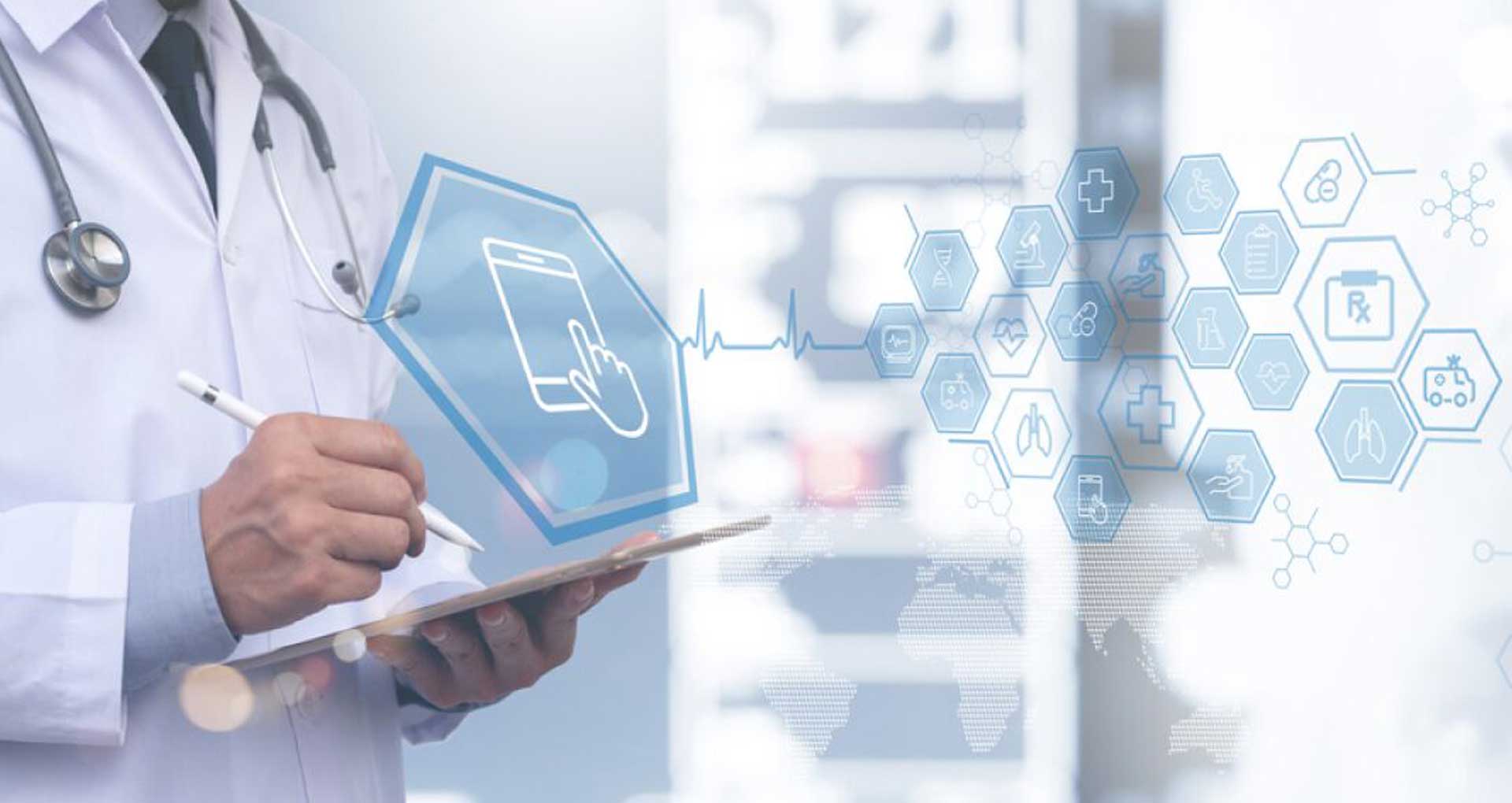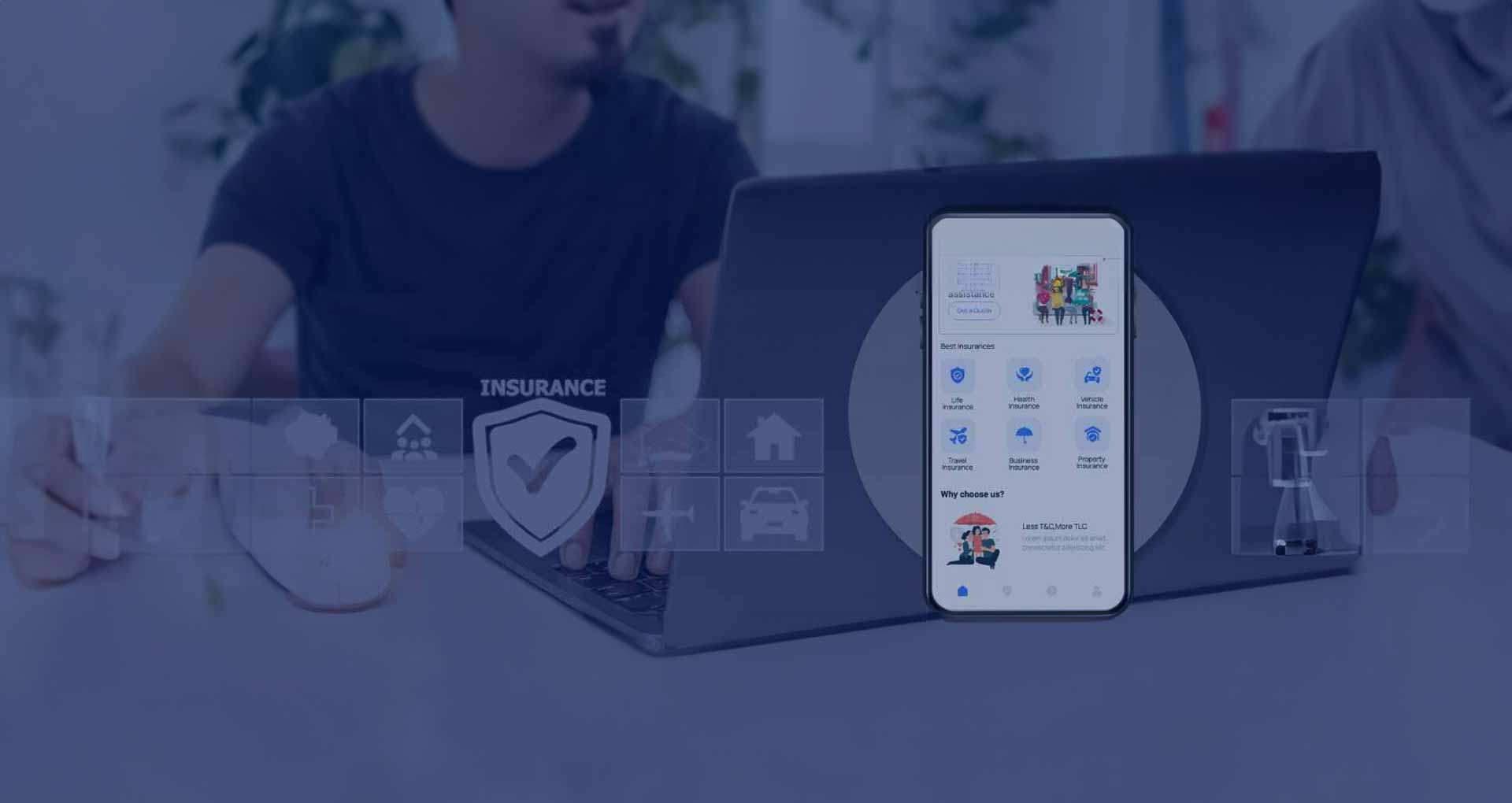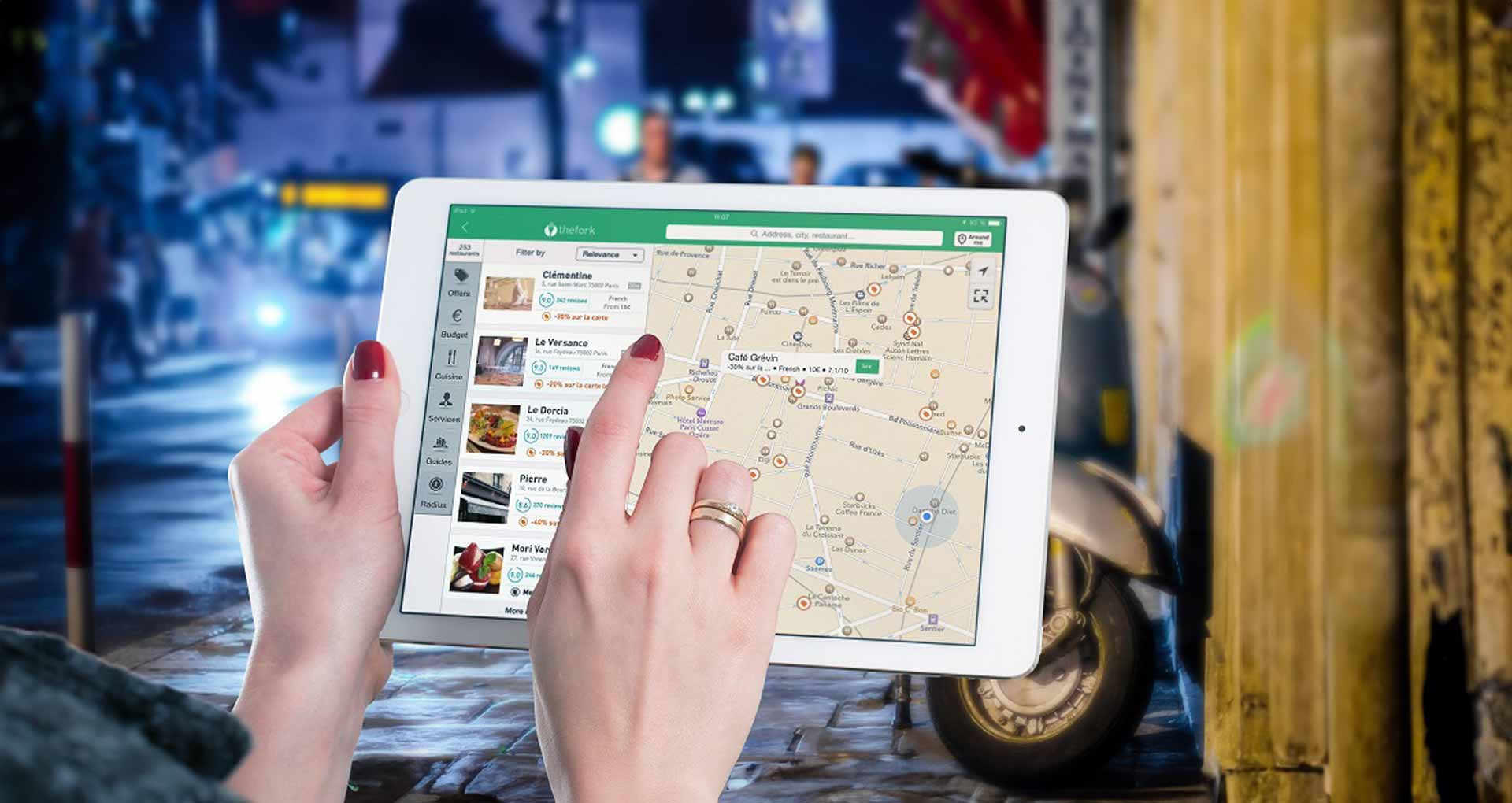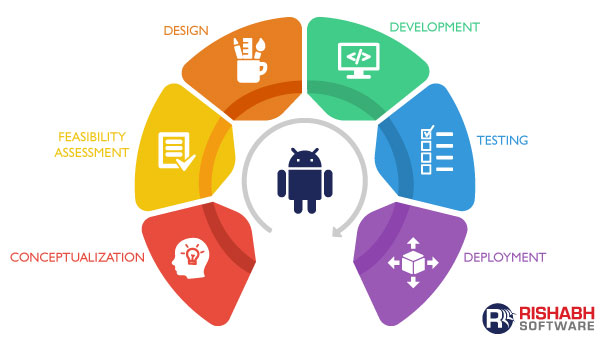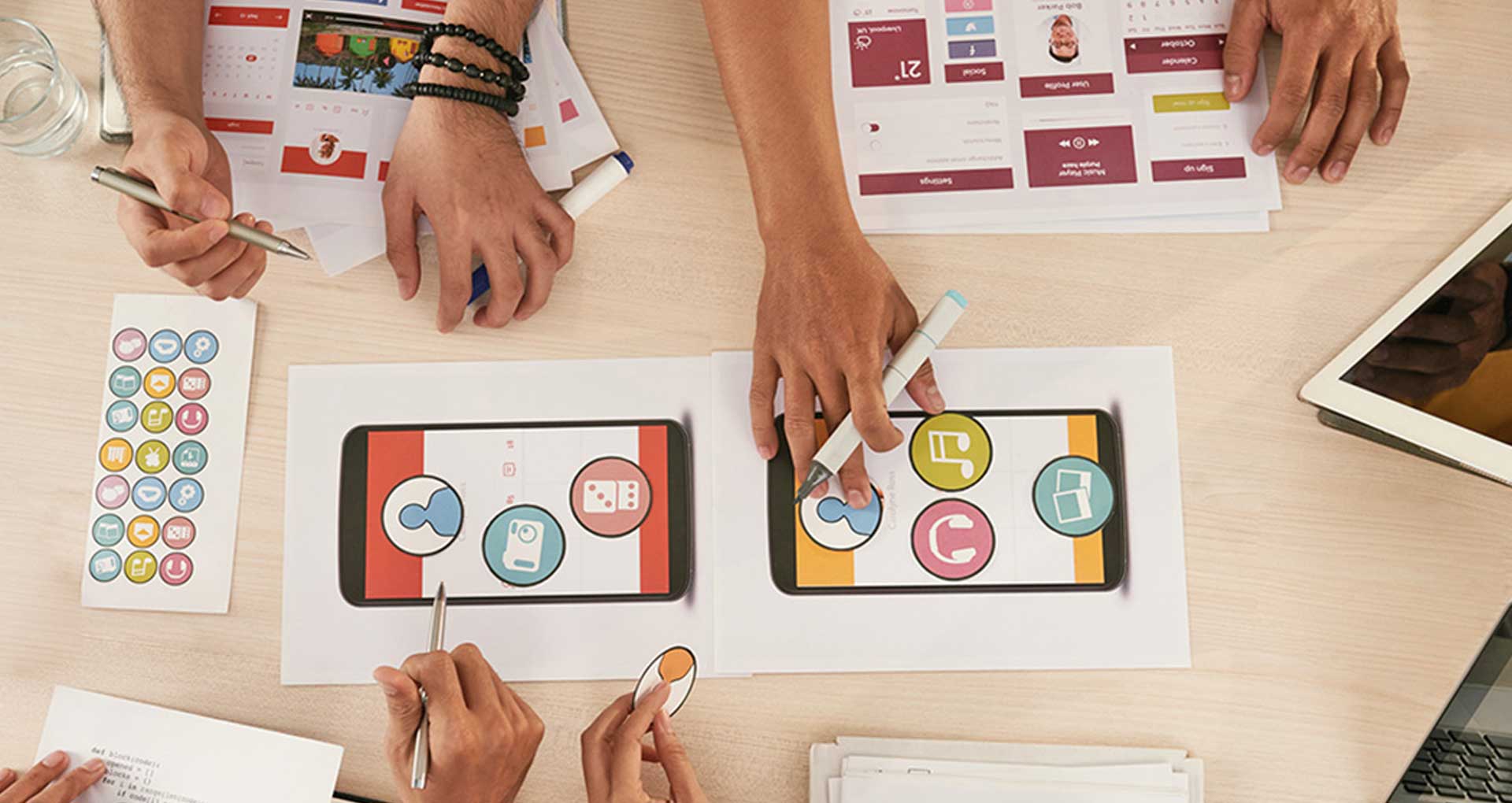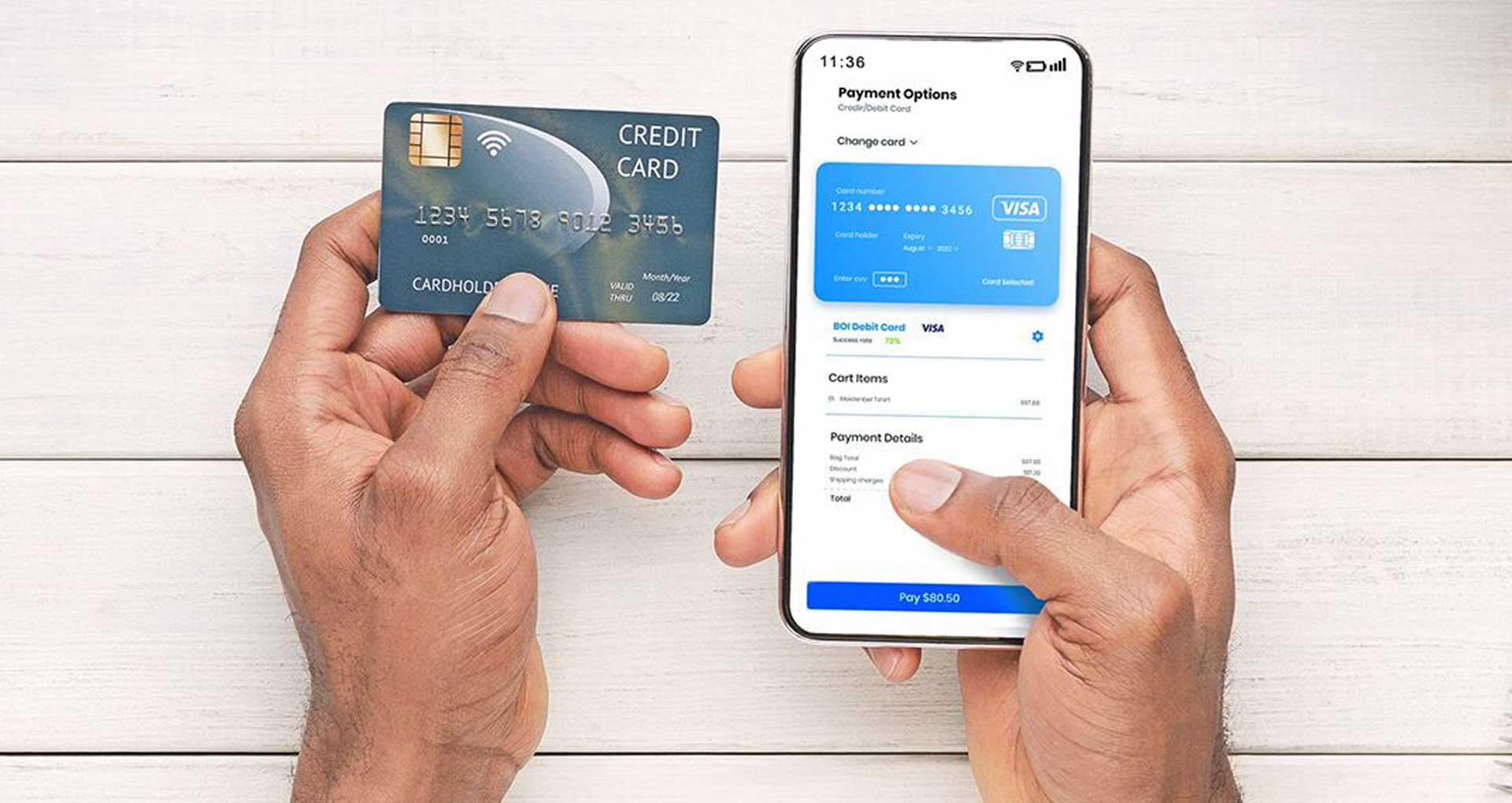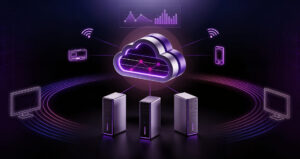Healthcare organizations are considering mobile apps to offer supreme services across boundaries. In recent times, mHealth apps have gained significant momentum as they redefine the healthcare ecosystem. Today, they are the vital forerunner to extend the reach for the medical and healthcare industry by enhancing efficiency, communication & quality of care amenities.Through this blog, we’ll cover the benefits of mobile health apps and help you understand why it is a worthwhile investment to offer more patient-centric care.
Sounds good? Let’s dive right in!
What are Healthcare Mobile Apps?
Supported by smartphones and tablet devices, they enable medical and public health practices with new & innovative ways to deliver healthcare services outside traditional care settings. Further, they supposedly are a potential resource to enhance the health care professionals’ productivity and improve patient health outcomes.
They can be broadly classified into listed categories:
- Clinical reference and diagnostic apps: They assist doctors and practitioners with managing clinical practice and medical exams.
- Telemedicine apps: Helps provide virtual patient care by licensed practitioners and doctors.
- Health management apps: Aids individuals in assessing their health conditions such as diabetes, mental health, cholesterol level, heart rate, and more.
- Wellness & Fitness apps: Includes nutrition-tracking apps that help count calories, stress-management apps, sleep apps and other tracking apps that assist individuals to live healthier lives.
There is an interesting blog that points out the importance of developing a modern-day mHealth app to serve patients better. And we have made it insightful and informative for your read!
Top Benefits of Healthcare Apps

Mobile healthcare is the future and whether you’re the patient or the doctor, you can rest assured to enjoy countless benefits offered by mobile health apps in daily life.
Let’s take a deeper look at these benefits;
1. Improved Patient Engagement
- In today’s patient-centric environment, quality care has become important more than ever. mHealth apps facilitate engagement through effective patient-focused care, personalized experiences & knowledge sharing between providers and patients.
- Patients can access and monitor their medical records/prescription details from the convenience of their own homes without visiting hospitals.
2. Minimize Risks of Misdiagnosis
- Managing patients’ records manually is prone to diagnostic errors, inaccuracies and is time-consuming. But the health apps nullify all such potential challenges that might prove fatal for the patient.
- Helps store an accurate report of the patient’s health condition digitally in the app. This assists doctors to prescribe the right medicine with the correct dosage and chemical compositions. In situations when a patient hops from one healthcare provider to another, this data can be extracted easily to make quick medical decisions.
3. Immediate Access to Care – Anytime, anywhere!
- Unlike inefficient traditional telephone access to doctors and healthcare organizations, mobile health apps make it easy and secure for patients to send messages, schedule appointments & connect to care providers 24/7 for telemedicine visits.
- Patients can ask their questions via video calls, chats, or call to avoid offline visits for minor issues. This makes the process super-efficient.
4. Hassle-free Payments
- Traditionally dealing with bills was a hefty process for both patients and hospital staff. With mobile healthcare applications, people don’t need to wait in long queues for hours to make payments.
- Highly secured payment gateway integration in the app facilitates users to make instant payments securely with a few clicks.
- They can also select their preferred payment method, pay online (debit or credit card) and connect to their insurer (if required) via apps.
5. Improved Prescription Alerts
- Various health apps include set-up electronic reminders that alert patients about their medication, upcoming appointments with specialists, renew prescriptions and more. This gives patients a lot more control over their therapy without worrying about missing a therapy session.
- Eliminates a major chunk of tedious & repetitive administrative work and provides a better experience to patients with automated reminders.
6. Enhanced Data Management
- Healthcare organizations process tons of personal information every day. So, it is necessary to properly organize it. When integrated with EHR, healthcare apps automatically record valuable patients’ information from connected devices in the system or wearables.
- This enables healthcare providers to create a comprehensive profile of each patient and become HIPAA compliant.
7. Enhancing Medical environments with IoT Implementations
- IoT-connected healthcare applications, including wearables like fitness bands and other wirelessly connected devices like blood pressure & heart rate monitors, glucometer and more offer real-time monitoring that enables doctors to collect accurate medical data of their patients at any given place or time. Further, ultrasounds, thermometers, electrocardiograms, and more are all starting to become connected and letting patients & medical authorities track health.
- The data collected by IoT healthcare devices enables doctors to make informed decisions and deliver exceptional care.
Rishabh’s Perspective
We help health startups and legacy health organizations plan, design & develop robust mobile apps. If you work at a hospital, health company, or are looking to launch an app that can impact millions. With Rishabh as your tech partner, you can expect the delivery of the best-in-class custom healthcare apps to create immersive user experiences for patients and doctors. Explore our healthcare software development services to learn how we can help built innovative patient-focused apps, medical professional apps and apps to improve internal hospital processes.
Success Story
Case Study: Mobile App for Healthcare Staff Scheduling
Find out how the US-based healthcare organization that operates across 1000+ hospitals teamed up with Rishabh to develop a medical staff scheduling software for mobile to streamline employee management. The solution helps manage, optimize and automate the scheduling process of staff across various medical facilities.
Value delivered:
- 80% optimization & automation of staff schedules
- 50% improvement in internal communication
- 40% increase in employee engagement & morale
Final Words
To conclude, the rise of mobile apps in the healthcare industry has been extraordinary. Therefore, investing in mobile health would certainly help boost your medical company’s revenue and reputation. Though, the entry into the medical mobile app market can be tricky since it requires deeper experience in back-end development and security standards. And, by now, we hope you now realize & agree why health apps are important for every medical ecosystem to prepare better for the future to deliver multidisciplinary and collaborative health services. If you’re a healthcare service provider looking to develop a mobile health app, we can help!
